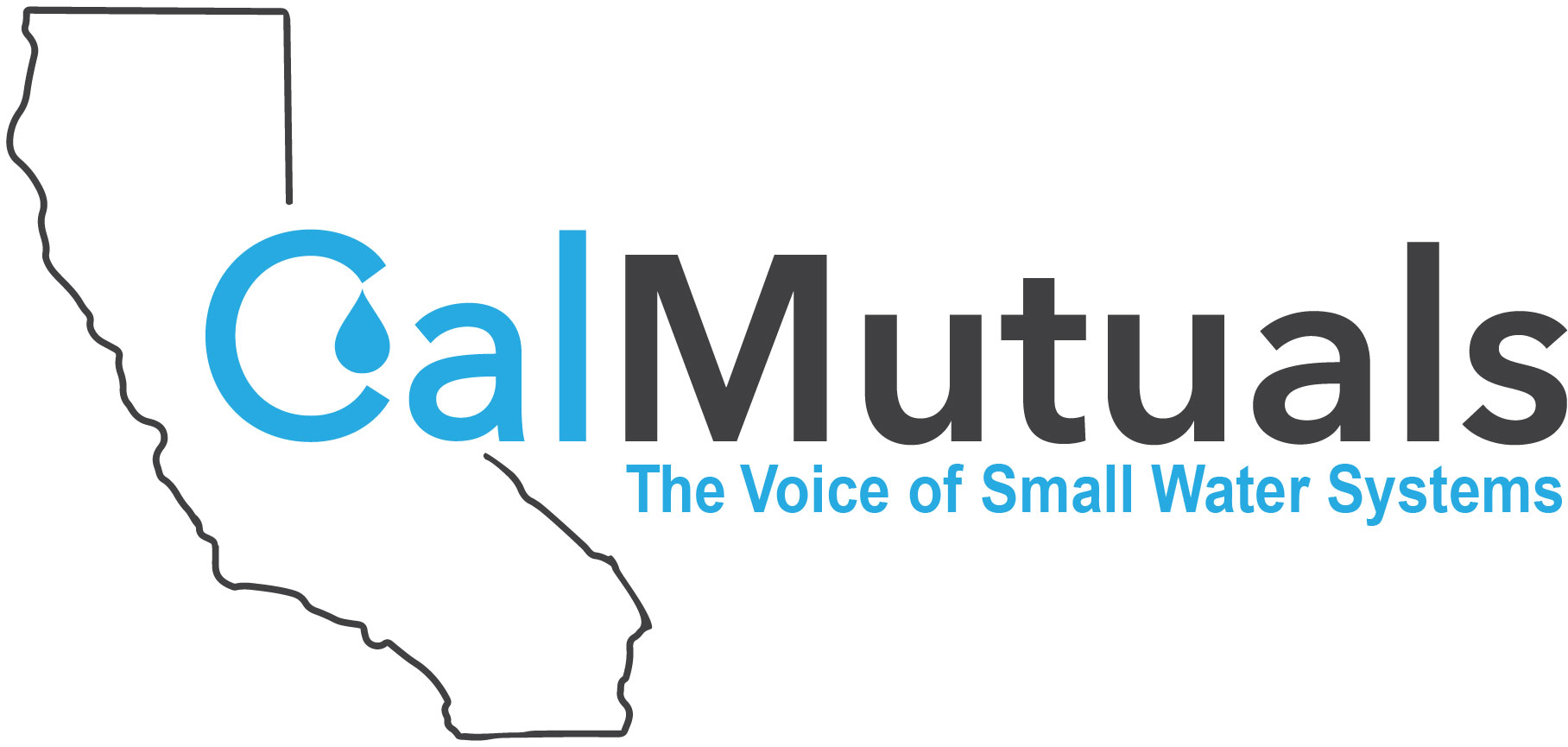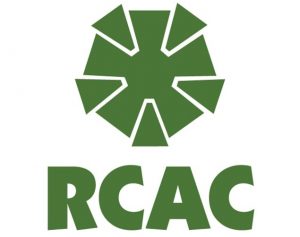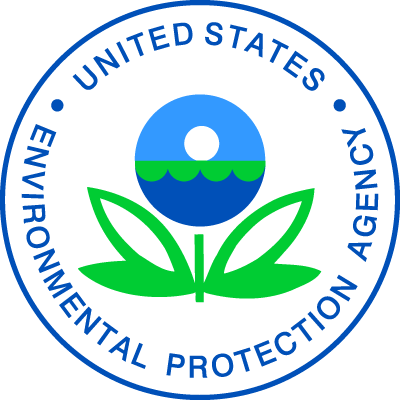Even though carbon adsorption can be an effective treatment technology for removing organic compounds, such as PFAS, from water, it can be expensive or may not achieve desired removal objectives if improperly designed. Proper full-scale design of this adsorption process typically results from carefully controlled pilot-scale studies that are used to determine important design variables, such as the type of adsorbent, empty bed contact time, and bed configuration. However, these studies can be time consuming and expensive if they are not properly planned. To meet the need for planning effective studies and to help alleviate expense, EPA has signed an agreement with Michigan Technological University to make a series of adsorption models available to the public at no cost. This webinar will provide an overview of the series of adsorption models, along with examples of how they can be used to help design pilot treatment systems and provide a first-cut prediction of full-scale results. The information generated from the models will provide states and utilities with a better understanding of the fundamentals of carbon adsorption and what that means to the operation, performance, and costs associated with this technology. Presenter: Thomas F. Speth, Ph.D. Tom is the Associate Director for […]



